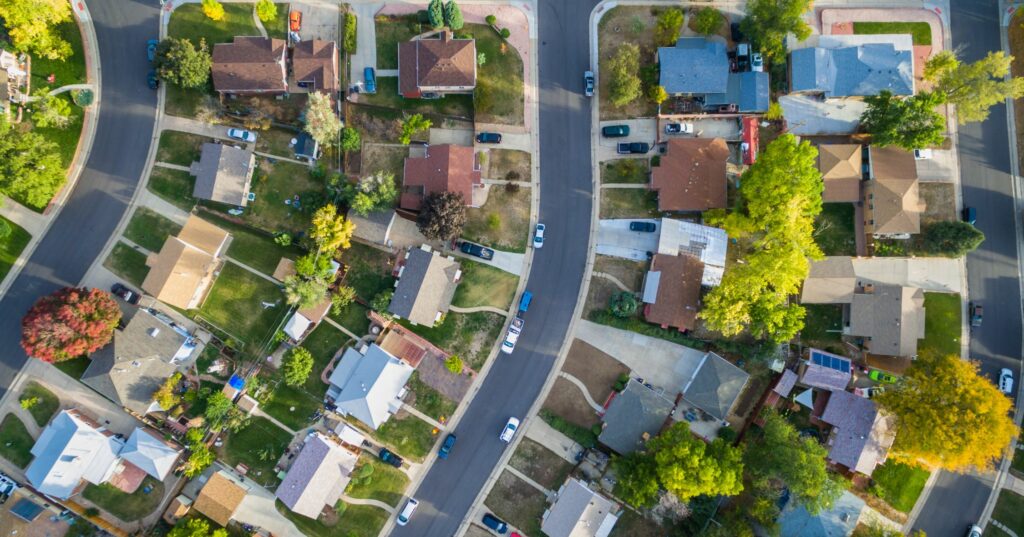What to Look for When Choosing the Right Community Management Company
February 20, 20247 Fun Neighborhood Summer Event Ideas to Foster Connection
May 1, 2024In the digital age, neighborhood group chat rooms online have become a hub for residents to discuss local issues, share resources, and foster a sense of belonging. However, as these online spaces grow in popularity, so too do the challenges of maintaining respectful conversations amidst differing opinions and viewpoints. In this article, we’ll explore strategies for cultivating a culture of respect and civility within your neighborhood group’s online community.

Understanding the Importance of Respectful Dialogue
Neighborhood groups serve as virtual town squares where residents come together to discuss matters ranging from community events to pressing local concerns. In such forums, fostering respectful conversations is paramount to creating a positive and inclusive environment where all voices feel valued and heard.
Setting the Tone: Establishing Ground Rules for Respectful Communication
To cultivate respectful interactions within your neighborhood group’s online spaces, it’s essential to establish clear guidelines for communication. Encourage members to engage in constructive dialogue, refrain from personal attacks, and remain open-minded to diverse perspectives. By setting the tone early on, you can create a culture of respect that permeates throughout the community.
Leading by Example: The Role of Moderators in Promoting Respect
Moderators play a crucial role in maintaining the integrity of online conversations within neighborhood groups. They should lead by example, modeling respectful behavior and intervening when discussions veer off course. Empower moderators to enforce community guidelines firmly but fairly, ensuring that all members feel safe and respected within the online space.
Encouraging Empathy and Active Listening
In the heat of debate, it’s easy for tensions to escalate and for individuals to become entrenched in their own viewpoints. Encourage members to practice empathy and active listening, seeking to understand the perspectives of others before responding. By fostering a culture of empathy, neighborhood groups can bridge divides and find common ground on even the most contentious issues.

Constructive Conflict Resolution: Turning Disagreements into Opportunities for Growth
Conflict is inevitable in any community, online or offline. However, it’s how we handle disagreements that ultimately defines the health of our relationships. Encourage members to approach conflicts with a solutions-oriented mindset, focusing on finding common ground and working towards mutually beneficial outcomes. By reframing disagreements as opportunities for growth, neighborhood groups can strengthen bonds and build resilience within the community.
Creating Safe Spaces for Vulnerable Voices
Inclusive communities are built on the foundation of amplifying marginalized voices and ensuring that all members feel represented and valued. Take proactive steps to create safe spaces for vulnerable individuals within your neighborhood group, such as implementing policies to combat hate speech and discrimination. By fostering an environment of respect and inclusion, neighborhood groups can become beacons of social justice within their communities.
Navigating Sensitive Topics with Sensitivity and Compassion
Certain topics may evoke strong emotions within a community, from local development projects to socio-economic disparities. When discussing sensitive issues, it’s essential to approach conversations with sensitivity and compassion. Encourage members to engage in dialogue with humility and empathy, recognizing the complexity of the issues at hand. By fostering an environment of mutual respect, neighborhood groups can navigate challenging topics with grace and understanding.
Leveraging Technology for Positive Engagement
Technology can be a powerful tool for facilitating positive engagement within neighborhood groups. From interactive polls to virtual town hall meetings, explore innovative ways to foster dialogue and collaboration among members. By leveraging technology thoughtfully, neighborhood groups can create dynamic online spaces where residents feel empowered to participate in shaping the future of their communities.
Celebrating Diversity: Embracing the Multifaceted Identities of Community Members
Diversity is the lifeblood of any thriving community, enriching conversations and fostering a deeper sense of collective belonging. Celebrate the diverse identities and lived experiences of neighborhood group members, creating opportunities for cross-cultural exchange and learning. By embracing diversity, neighborhood groups can harness the collective wisdom of their communities and achieve greater resilience in the face of adversity.

In conclusion, fostering respectful conversations within your neighborhood group’s online spaces is essential for building a strong and vibrant community. By setting clear guidelines for communication, leading by example, and promoting empathy and active listening, neighborhood groups can cultivate a culture of respect that strengthens bonds and nurtures inclusive dialogue. We’re lucky to have amazing communities as a part of our clientele; give us a call if you’re looking to be a part of the Beacon difference. Together, let’s create online spaces where all voices are heard, valued, and respected.